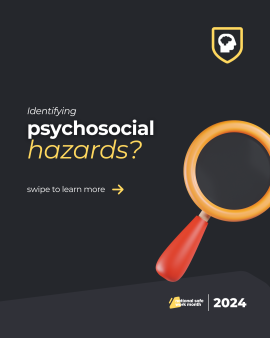
Downloads
- high or low job demands
- low job control
- poor support
- lack of role clarity
- poor organisational change management
- inadequate reward and recognition
- poor organisational justice
- traumatic events or material
- remote or isolated work
- poor physical environment
- violence and aggression
- bullying
- harassment, including sexual harassment
- conflict or poor workplace relationships and interactions.
What psychosocial hazards sound like at work:
- I can’t sleep thinking about it
- I am burnt out
- I just don’t know what I’m supposed to be doing
- I feel stressed
- I feel like a failure, how am I supposed to do all this?
- Why can’t they just let me on with my job?
Publication Date:
Last updated:
Publication type:

